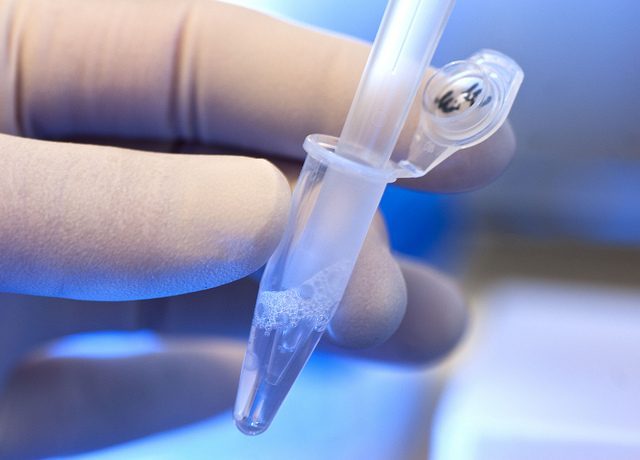He Jiankui’s Genetic Misadventure, Part 2: How Different Are Chinese and Western Bioethics?
By Jing-Bao Nie, Neil Pickering,
Hastings Bioethics Forum
| 12. 13. 2018
When the world’s first research on editing the genes of human embryos by Chinese scientists was published in an international journal in 2015, a report in the New York Timescharacterised the key issue involved as “a scientific ethical divide between China and West.” Earlier this year, an article in the magazine Foreign Policy by a researcher with Chinese origin put it bluntly that “China will always be bad at bioethics.” Now, He Jiankui’s announcement on gene-edited babies appears to provide more compelling evidence that China is the “radical other” of the West, a wild land where bioethics matters little.
Is this really the right way to look at things? Our answer is, no. The evidence doesn’t bare these beliefs out; it is a misdiagnosis, and it risks obscuring the real issues that He Jiankui’s experimentation raises. Since the news on the gene-edited babies came out on November 26 via Baidu and Google, one of us (Nie) has been closely following reactions to it in journalists’ reports, commentaries, and posts on Chinese and international mass media, as well as on...
Related Articles
By Scott Solomon, The MIT Press Reader | 02.12.2026
Chris Mason is a man in a hurry.
“Sometimes walking from the subway to the lab takes too long, so I’ll start running,” he told me over breakfast at a bistro near his home in Brooklyn on a crisp...
By Zachary Brennan, Endpoints News | 02.23.2026
The FDA is spelling out the details of a new pathway to help speed personalized cell and gene therapies to market for rare diseases.
Monday’s long-awaited draft guidance outlines the agency’s “plausible mechanism” framework, a pathway FDA Commissioner Marty Makary...
By Amy Feldman, Forbes | 02.17.2026
"Jennifer Doudna" by Duncan Hull for the Royal Society via Wikimedia Commons licensed under CC by SA 3.0
Soon after KJ Muldoon was born in August 2024, he was lethargic and wouldn’t eat. His worried doctors realized his ammonia...
By David Jensen, California Stem Cell Report | 02.10.2026
Touchy issues involving accusations that California’s $12 billion gene and stem cell research agency is pushing aside “good science” in favor of new priorities and preferences will be aired again in late March at a public meeting in Sacramento.
The...




